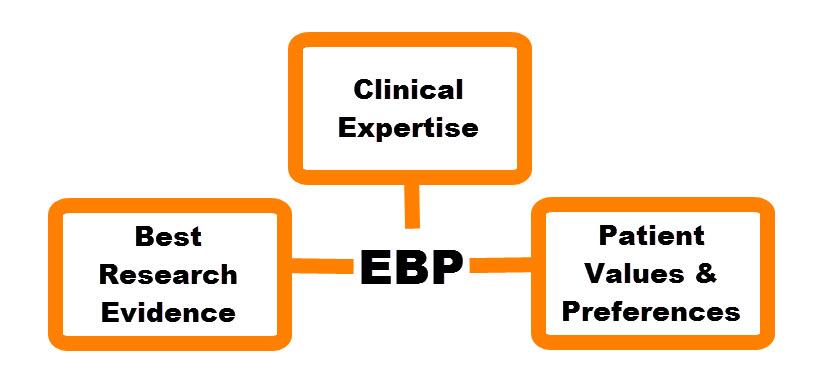By Dr. Sarah Griffin, PhD, Licensed Clinical Psychologist at CAYA Care
An evidence-based therapy is a therapy that has research studies supporting its efficacy for a specific issue. In other words, an evidence-based therapy is a therapy that has been shown to work. This does not mean that the therapy works for everyone or for every condition. How clinical research studies typically work is they look at groups of patients and assess whether one group (for example, the group undergoing the therapy of interest) improves more on average than another group (for example, a group receiving a more generic therapy or waiting for therapy).
How much it matters whether a therapy or practice is evidence-based depends on whom you talk to.
Two major criticisms of evidence-based therapy are:
1) It is hard to measure progress in therapy
2) Evidence-based therapies may be too rigid
Let’s address each of these in turn!
Is it hard to measure progress in therapy?
It is true that it is hard to measure progress in therapy because we are interested in emotions,
which are hard to pin down. Researchers measure progress by giving patients a questionnaire
that asks them to put a number to their experience. There is no way that this method fully
capture’s a person’s experience. Emotions are personal and complex; numbers are objective and simple. However, these questionnaires have been shown to be valid, meaning they correspond to another measure in the expected direction, and reliable, meaning they produce consistent results.
Are evidence-based therapies or practices too rigid?
The criticism that evidence-based therapies are too rigid to meet the needs of each client
is a common one. One key component of this criticism is that research studies often exclude
clients or patients who might “muddy” the result of the study. Therefore, it often remains unclear as to whether the therapy can be safely or effectively administered to patients with a divergent or more complex presentation.
The criticism that evidence-based therapies are too rigid to meet the needs of each client
is a common one. One key component of this criticism is that research studies often exclude clients or patients who might “muddy” the result of the study. Therefore, it often remains unclear as to whether the therapy can be safely or effectively administered to patients with a divergent or more complex presentation. This is a fair criticism, and further research with greater generalizability—i.e., greater ability to speak to real clinic conditions—is critical. However, the argument that evidence-based therapies are inherently rigid and one-size-fits all is simply not true.
Although treatment manuals exist, following an evidence-based therapy is not like following an IKEA manual. Rather, the evidence-based therapy provides a conceptual
framework and specific techniques; it is up to the therapist to tailor this information to meet the needs of each client. Furthermore, the connection and trust between the therapist and the client is a vital part of all evidence-based therapies.
The argument that evidence-based therapies are inherently rigid and one-size-fits all is simply not
true.Sarah Griffin, PhD, Licensed Clinical Psychologist at CAYA Care
At CAYA care, we provide evidence-based therapies for a range of issues. Although these therapies are not perfect, we believe that clients deserve a treatment with evidence behind it. However, we also tailor treatment to fit the specific situation, needs, and preferences of each client. Furthermore, we understand that the foundation of any therapy is listening to our clients and working with them to build a strong, trusting relationship. Therefore, our practice our CAYA Care looks more like the figure below taking into account research, our clinical expertise, and your values and preferences as our patient.

If you have any questions about the therapies we offer at CAYA Care, please do feel free to reach out to us at 470-610-0414.



